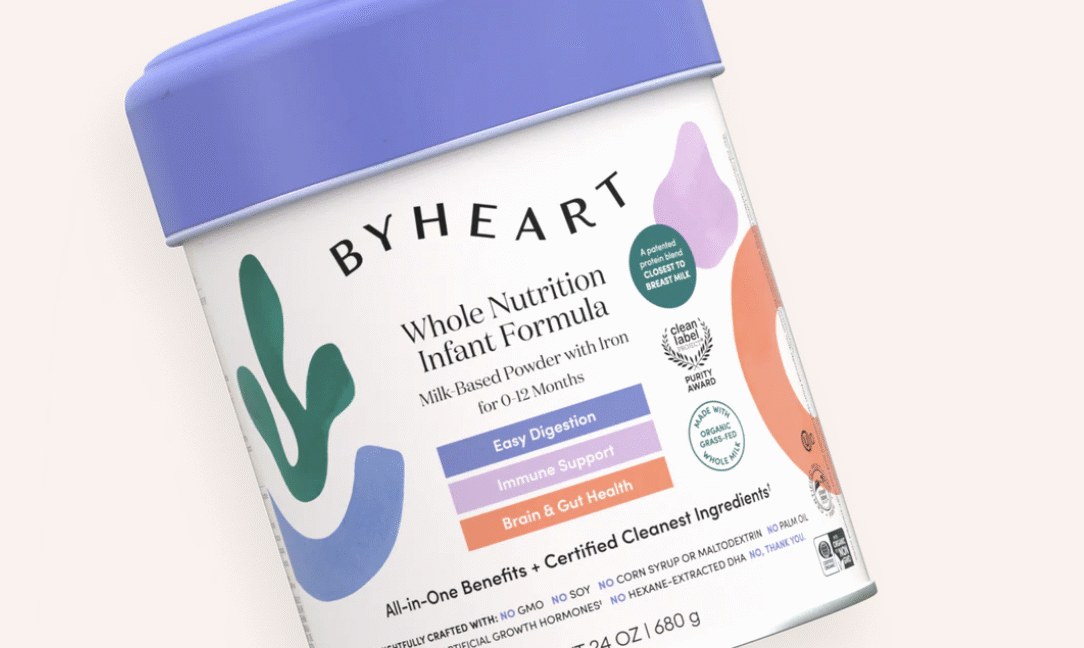
infant botulism
About 100 cases of botulism are seen in infants each year in the United States. Potentially fatal disease caused by a powerful neurotoxin clostridium botulinum and related species. These bacteria can form hard spores that are ubiquitous in the environment, including dust, water, and soil. When the spores germinate, the growing bacteria produce a toxin. This toxin can kill motor neurons by blocking the neurotransmitter acetylcholine that would activate muscle movement. This results in flaccid paralysis that spreads throughout the body.
People can develop botulism in a variety of ways, including through infected wounds or by inhaling the spores. Typically, foodborne botulism occurs when people directly eat toxic substances, such as improperly canned foods where bacteria grow. But infants have their own unique form of botulism when they simply swallow the spores.
In humans older than about 12 months, the acidity of the stomach is usually sufficient to kill the spores that cause botulism. But infants have low gastric acidity, and their immune response and protective gut bacterial communities are not yet fully established. Thus, if they ingest the spores, the bacteria can begin to grow in their gastrointestinal tract – and begin producing the toxin, which can lead to infant botulism. Symptoms typically develop 10 to 30 days after ingestion. About 70 percent of all cases of botulism occur in infants.
Honey is one of the most well-known sources of spores causing botulism in infants, accounting for about 20 percent of cases. But environmental sources are also major culprits, such as living near construction sites as well as dusty debris from vacuum cleaners.
Common early symptoms of botulism in infants are constipation, poor feeding, loss of head control and difficulty swallowing. As the disease progresses, shallow breathing and overall floppiness develop. About half of all babies with botulism will require intubation, even if they are treated with BabyBIG. A century ago, the mortality rate from infant botulism was 90 percent, but today most infants make a full recovery, although it may take weeks to months.
